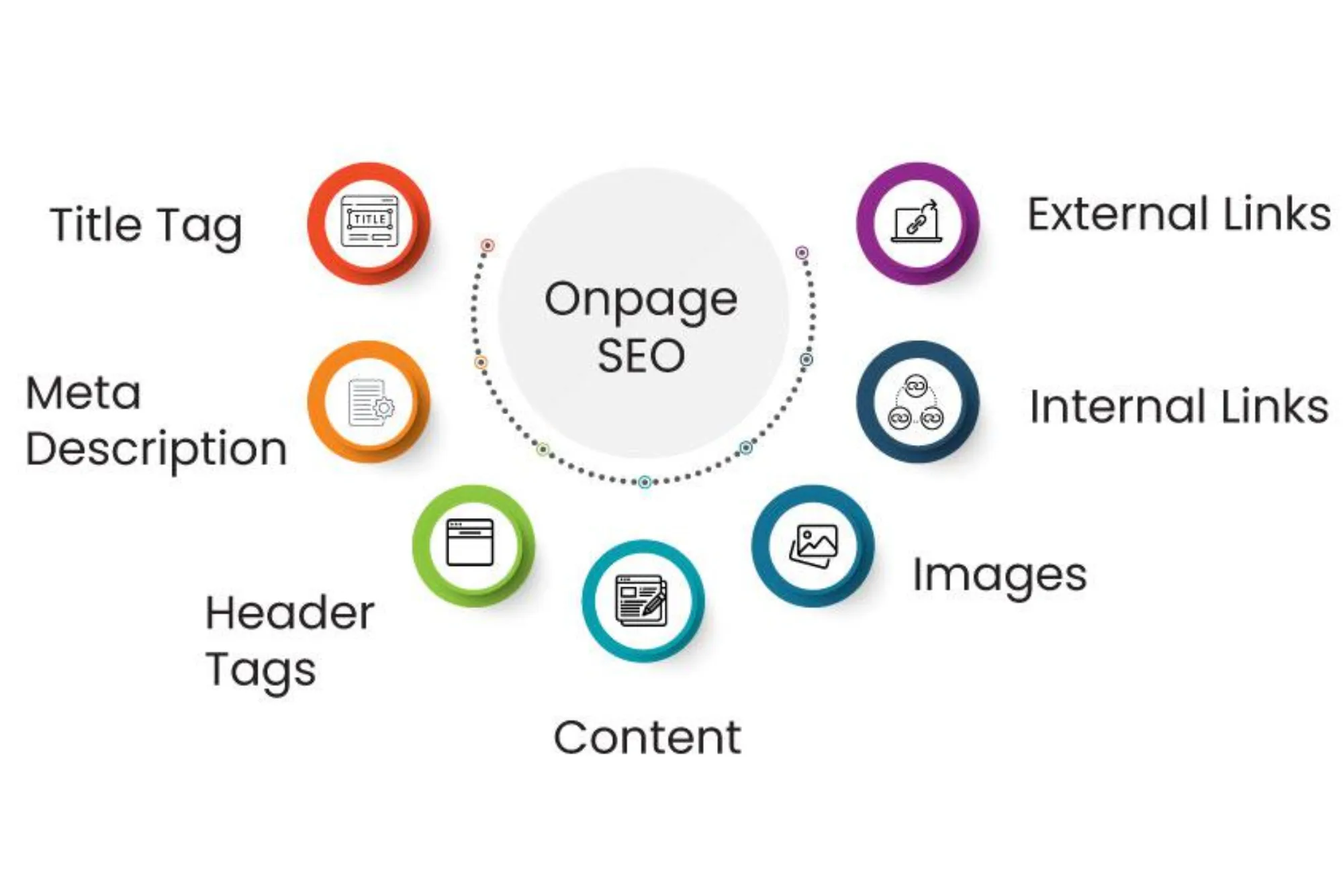In the world of digital marketing, Search Engine Optimization (SEO) is crucial for improving a website’s visibility and driving organic traffic. One often overlooked but vital aspect of SEO is the URL slug. This article will explore what a slug is, its significance in SEO, and how to optimize it for better search engine rankings.
Understanding the Basics of a URL Slug
A URL slug is the part of a web address that comes after the domain name and typically identifies a specific page on a website. For example, in the URL www.example.com/blog/what-is-a-slug, the slug is “what-is-a-slug.” Slugs are essential because they provide both search engines and users with information about the content of the page.
Importance of Slugs in SEO
URL slugs are not just arbitrary strings of text appended to a domain; they serve a crucial purpose in the realm of SEO. Here’s why slugs are so important for optimizing a website’s search engine performance:
Enhanced Relevance
A well-crafted slug provides valuable context about the content of a webpage. Including relevant keywords in the slug helps search engines understand the topic of the page, thus improving its relevance to specific search queries. For instance, if a webpage is about “best hiking trails,” having a slug like “/best-hiking-trails” immediately communicates to search engines and users alike what the page is about.
Improved Crawlability
Search engine bots crawl websites to index their content and determine their rankings in search results. Clear, concise, and descriptive slugs make it easier for these bots to interpret and categorize web pages. This can lead to more accurate indexing and better visibility in search results.
User Experience
Slugs contribute to a positive user experience by providing users with insights into the content they can expect to find on a webpage. When users see a URL with a clear and relevant slug, they are more likely to click on it, as it reassures them that the page aligns with their search intent. This can result in higher click-through rates (CTR) and lower bounce rates, both of which are favorable signals to search engines.
Anchor Text for Backlinks
Slugs often serve as the anchor text for backlinks, which are external links from other websites pointing to yours. Backlinks are a crucial factor in SEO, as they signal to search engines the credibility and authority of your website. By using descriptive slugs in your URLs, you provide anchor text that reinforces the relevance and importance of the linked page, thus boosting its SEO value.
Shareability and Branding
Memorable and concise slugs can also contribute to the shareability of your content on social media platforms and other websites. When users share links to your content, they often retain the slug as part of the URL. A well-crafted slug not only improves the aesthetics of the URL but also reinforces your brand identity and message.
Best Practices for Creating SEO-Friendly Slugs
Crafting SEO-friendly slugs is not just about stringing together a few words; it’s about creating a concise, descriptive, and keyword-rich URL structure that enhances both user experience and search engine visibility. Here are some best practices to consider:
Keep Slugs Short and Descriptive
Shorter slugs are easier to read, remember, and share. Aim for simplicity and clarity while ensuring that the slug accurately reflects the content of the page. For instance, instead of “/the-best-hiking-trails-in-the-world,” opt for “/best-hiking-trails.”
Use Keywords Naturally
Incorporate relevant keywords into your slugs in a way that feels organic and natural. Avoid keyword stuffing, as it can appear spammy and harm your SEO efforts. Instead, focus on including primary and secondary keywords that accurately represent the topic of the page. For example, if your page is about “digital marketing strategies,” a slug like “/digital-marketing-strategies” effectively communicates the page’s content.
Avoid Stop Words and Unnecessary Characters
Stop words such as “and,” “or,” “the,” and special characters like underscores (_) or ampersands (&) can clutter your slugs and dilute their effectiveness. Eliminate unnecessary words and characters to keep your slugs clean and focused. For instance, instead of “/best-and-latest-digital-marketing-strategies,” use “/best-latest-digital-marketing-strategies.”
Use Hyphens Over Underscores
When separating words in your slugs, use hyphens (-) rather than underscores (_) or spaces. Search engines treat hyphens as word separators, whereas underscores are often interpreted as part of the word. Hyphens improve readability and ensure that each word in the slug is recognized as a distinct entity. For example, prefer .
Regularly Audit and Update Slugs
As your website evolves and new content is added, periodically review and update your slugs to ensure they remain relevant and aligned with your SEO goals. Use tools like an SEO rank checker to assess the performance of your existing slugs and identify opportunities for improvement. By staying proactive and adaptable, you can maintain optimal slug optimization and maximize your SEO impact.

Common Mistakes to Avoid
While optimizing slugs for SEO, it’s essential to steer clear of common pitfalls that can undermine your efforts and hinder your website’s performance. Here are some mistakes to avoid:
Keyword Overloading
One of the most prevalent errors is stuffing slugs with excessive keywords in an attempt to boost SEO. However, this practice can backfire, leading to keyword stuffing penalties from search engines and a negative user experience. Instead, focus on using relevant keywords naturally and sparingly in your slugs. For example, instead of “/best-affordable-seo-rank-checker-services-for-al-hidayah-typing-center,” opt for “/affordable-seo-rank-checker-services.”
Long and Complex Slugs
Lengthy and convoluted slugs not only detract from the readability and aesthetics of your URLs but also make them less user-friendly and shareable. Avoid including unnecessary words, phrases, or parameters in your slugs. Keep them concise, descriptive, and focused on the main topic of the page. For instance, instead of “/the-top-rated-seo-rank-checker-tool-recommendations-for-al-hidayah-typing-center,” simplify .
Irrelevant Slugs
Ensure that your slugs accurately reflect the content of the corresponding web pages. Using misleading or irrelevant slugs can confuse both users and search engines, leading to a mismatch between search intent and page content. Align your slugs with the keywords, topics, and themes covered in your content to maintain consistency and relevance. For example, avoid using a slug like “/best-italian-restaurants” for a page that discusses SEO services offered by Al Hidayah Typing Center.
Ignoring Branding Opportunities
Slugs present an opportunity to reinforce your brand identity and message. Neglecting to incorporate your brand name or relevant brand-related keywords in your slugs means missing out on valuable branding opportunities. Integrate your brand name or related keywords strategically into your slugs to strengthen brand recognition and association. For instance, consider a slug like “/al-hidayah-typing-center-seo-services” to emphasize the association with Al Hidayah Typing Center while targeting SEO services.
Tools to Check and Optimize Slugs
In the dynamic landscape of SEO, having the right tools at your disposal can significantly streamline the process of evaluating and optimizing slugs for maximum effectiveness. Here are some tools that can help you in checking and optimizing your slugs:

SEO Rank Checker
An SEO rank checker is a valuable tool for evaluating the performance of your slugs and overall SEO strategy. These tools analyze various aspects of your website, including keyword placement, backlink profile, and search engine rankings. By inputting your website’s URL or specific slugs, you can receive insights into how well they are optimized for search engines and identify areas for improvement. Utilize the data provided by an SEO rank checker to refine your slug optimization strategy and boost your website’s visibility in search results.
Keyword Research Tools
Keyword research tools such as SEMrush, Ahrefs, and Google Keyword Planner can help you identify relevant keywords to incorporate into your slugs. These tools provide valuable insights into search volume, competition level, and keyword variations, allowing you to choose the most effective keywords for your slugs. By conducting thorough keyword research, you can ensure that your slugs align with popular search queries and target relevant audiences.
URL Structure Analysis Tools
Tools like Screaming Frog SEO Spider and Moz’s Site Crawl can analyze the structure of your website’s URLs, including slugs, to identify issues such as duplicate content, broken links, and suboptimal URL formatting. These tools offer valuable recommendations for optimizing your URL structure and improving crawlability, which can positively impact your website’s SEO performance.
Slug Optimization Plugins
If you’re using a content management system (CMS) like WordPress, there are various plugins available that can assist you in optimizing your slugs. Plugins such as Yoast SEO and Rank Math offer features that allow you to customize and optimize your slugs directly within the CMS interface. These plugins provide guidance on best practices for slug optimization and offer suggestions for improving your website’s SEO.
Google Search Console
Google Search Console provides valuable data and insights into how your website is performing in Google search results. Within Search Console, you can analyze the performance of specific URLs, including slugs, by examining metrics such as impressions, clicks, and average position. Use this data to monitor the visibility of your slugs in search results and identify opportunities for optimization.
Case Study: Al Hidayah Typing Center
Al Hidayah Typing Center is a great example of effective slug strategy. By consistently using clear, descriptive, and keyword-optimized slugs, they have significantly improved their SEO performance. For instance, their slug “document-typing-services” clearly indicates the content of the page, making it easy for search engines and users to understand. This practice has helped them achieve higher rankings and attract more relevant traffic to their site.
In summary, optimizing your URL slugs is a critical aspect of SEO that can greatly enhance your website’s visibility and ranking. By following best practices, avoiding common mistakes, and utilizing tools like an SEO rank checker, you can create effective slugs that boost your SEO performance. Regularly updating and refining your slugs is essential to maintaining and improving your search engine rankings.






